Brisbane passes next step on journey to 2032 Olympics
Scott Morrison has promised the IOC that Australia would provide a trusted partner in uncertain times.
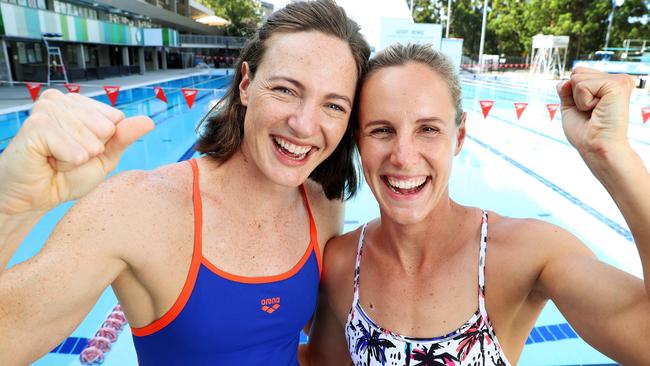
Brisbane stayed on course to host the 2032 Olympic and Paralympic Games with a masterly presentation to the virtual IOC Session, with Prime Minister Scott Morrison promising Australia would provide a trusted partner in uncertain times.
In his video message to the Session, the Prime Minister reaffirmed the unity of the Brisbane bid, assuring IOC members that every level of government was working together to deliver the Games.
“We will leave nothing to chance as we work with you,” Morrison said. “We want to be a trusted partner, a certain partner in uncertain times. It would be a great honour for Australia to once again host your Games.”
The presentation, which insiders said was extremely well-received, also figured video segments from Queensland Premier Anastasia Palaszczuk and Australian Olympic Committee president John Coates, who is an IOC vice-president.
Following the presentation, no fewer than eight IOC members, including Prince Albert of Monaco, the first head of state to contract the coronavirus, and IOC powerbroker Dick Pound of Canada spoke enthusiastically in support of the Brisbane bid.
Although there has been criticism from Germany and Qatar over the IOC’s selection of Brisbane as its “preferred bidder”, the Future Host Commission chair Kristin Kloster Aasen provided a stirring rebuttal, pointing out that the south-east Queensland bid had been arrived at by a process expressly designed to eliminate corruption. Indeed, the IOC had devised and implemented that very system.
Australian officials, she said, had “presented an excellent opportunity to secure the future of the Olympic movement at times of uncertainty”.
Brisbane would now need to trip over its own feet to be downgraded from its preferred bidder position, although Budapest and Doha have announced they will still continue to negotiate with the IOC on the off-chance the Australian bid selfdestructs. Still, if Brisbane is able to provide the IOC with the requisite guarantees and is able to respond to its questionnaire — tasks which is working around the clock to complete — there seems no reason why it cannot be confirmed as 2032 host city by the time of the IOC Session in Tokyo a few days before the start of the deferred Tokyo Olympics.
The determination of the other rival bidders to remain in the race was seen as a show of determination to secure the next available Olympics, in 2036. But although the IOC created a precedent in 2017 by selecting Paris and Los Angeles as the respective 2024 and 2028 hosts simultaneously, it has decided not to announce the 2032 and 2036 winners at the same time.
As it is, the 11 years notice that Brisbane is expected to receive is without precedent in the Olympic movement. But the opinion is that announcing the 2036 winner 15 years out from the target Games would create far too many imponderables.
There was some suggestion at the Session that Australian organisers were considering taking part of the Olympics — specifically rowing — back to the Penrith venue used for the 2000 Sydney Games but, on reflection, this idea has been abandoned.
It was quashed primarily because Sydney would be too cold for an Olympics held in the July 23-August 8 window envisaged by the Brisbane planners. Moreover, as one of the Games’ major sports, it also was hoped that rowing in Queensland would be left with a legacy venue to hold major events.
With privately-owned Larapinta being ruled out, the rowing venue almost certainly will be at Wyaralong, west of Beaudesert, where Australian titles and King’s Cup regattas already have been contested. It would entail building a temporary Village at the lake for rowers, as was done at Penrith for the 2000 Games, but this is not regarded as a major obstacle.

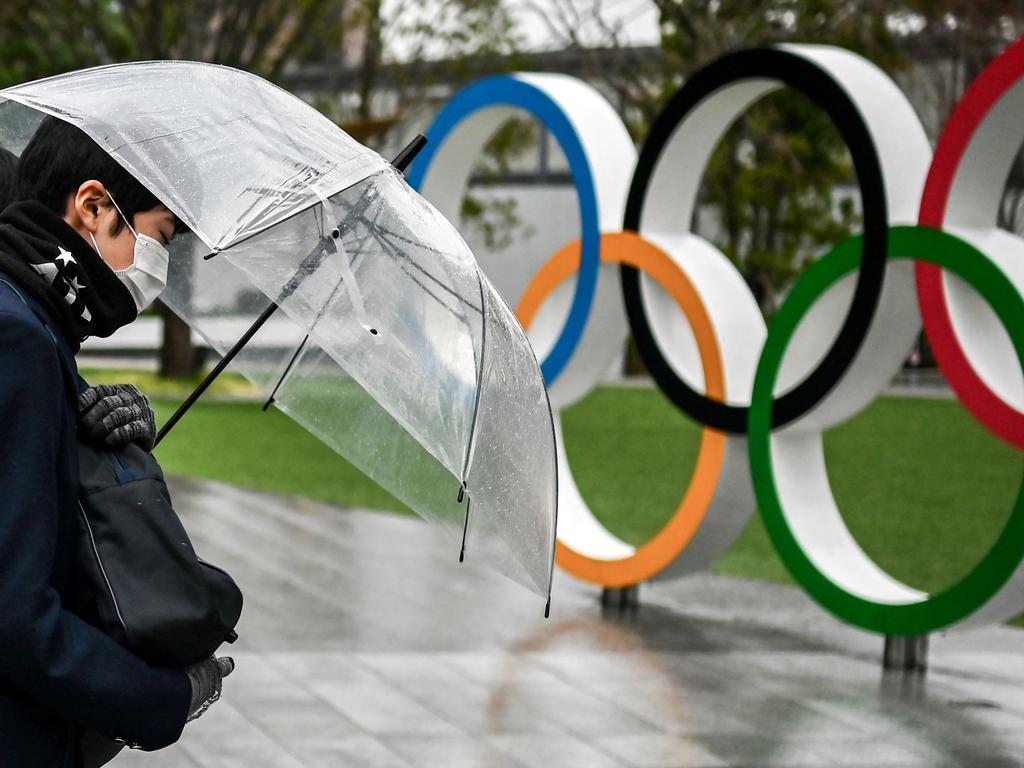
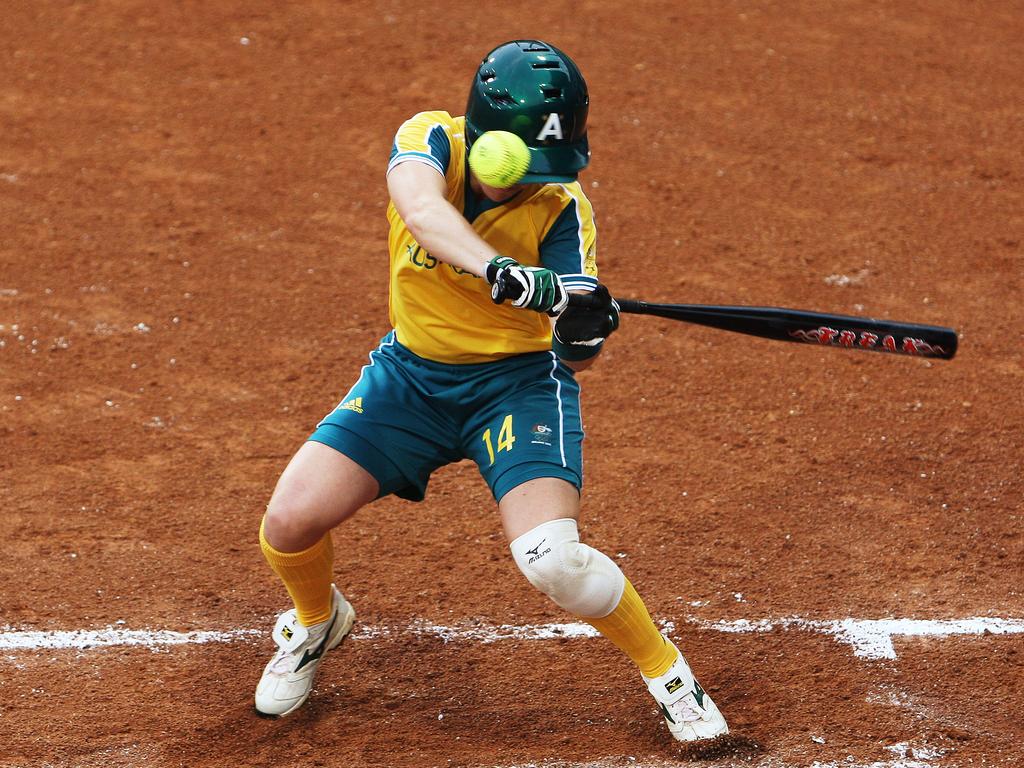
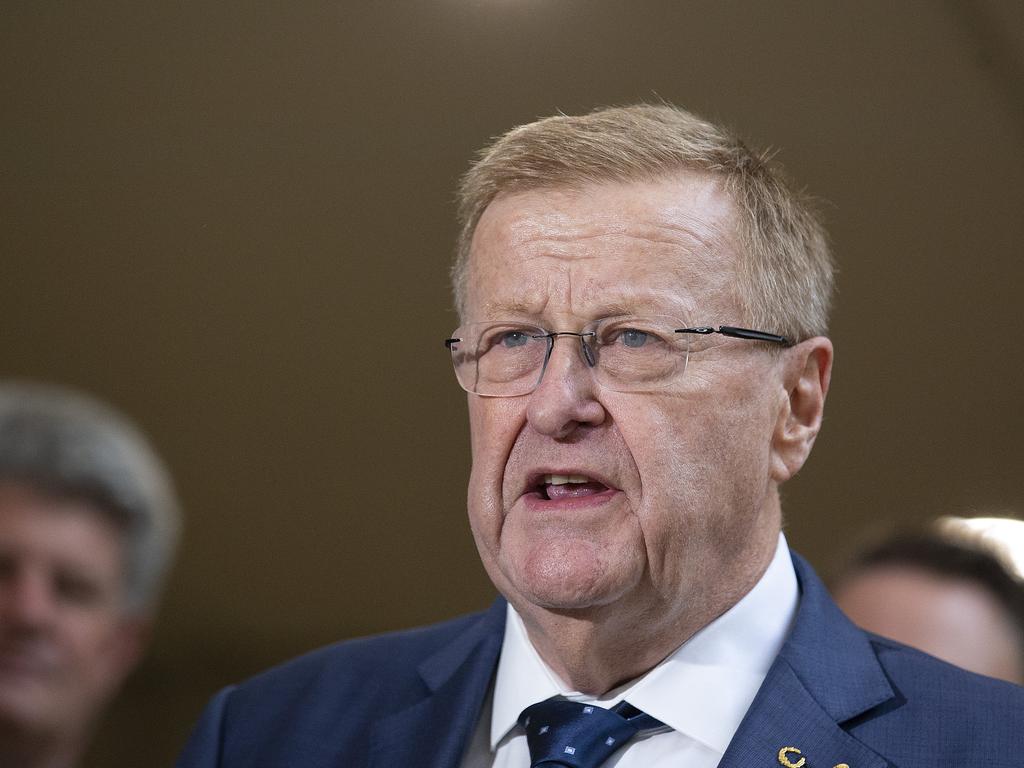

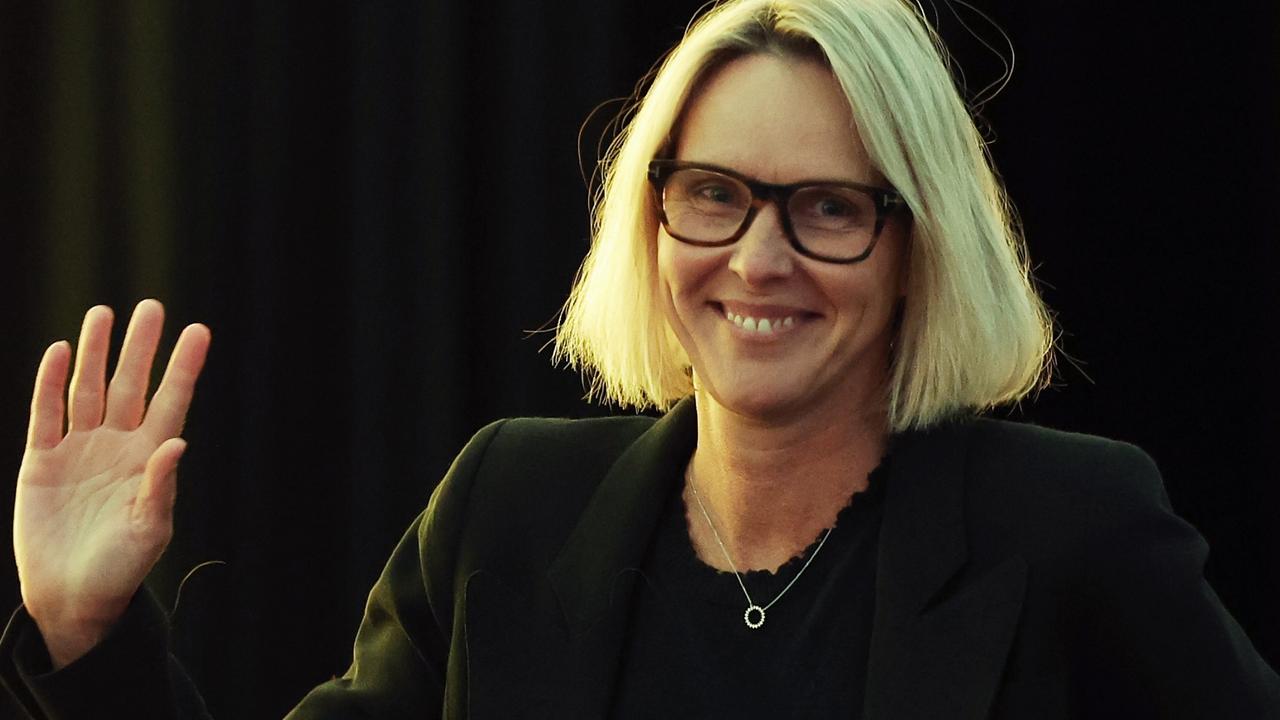
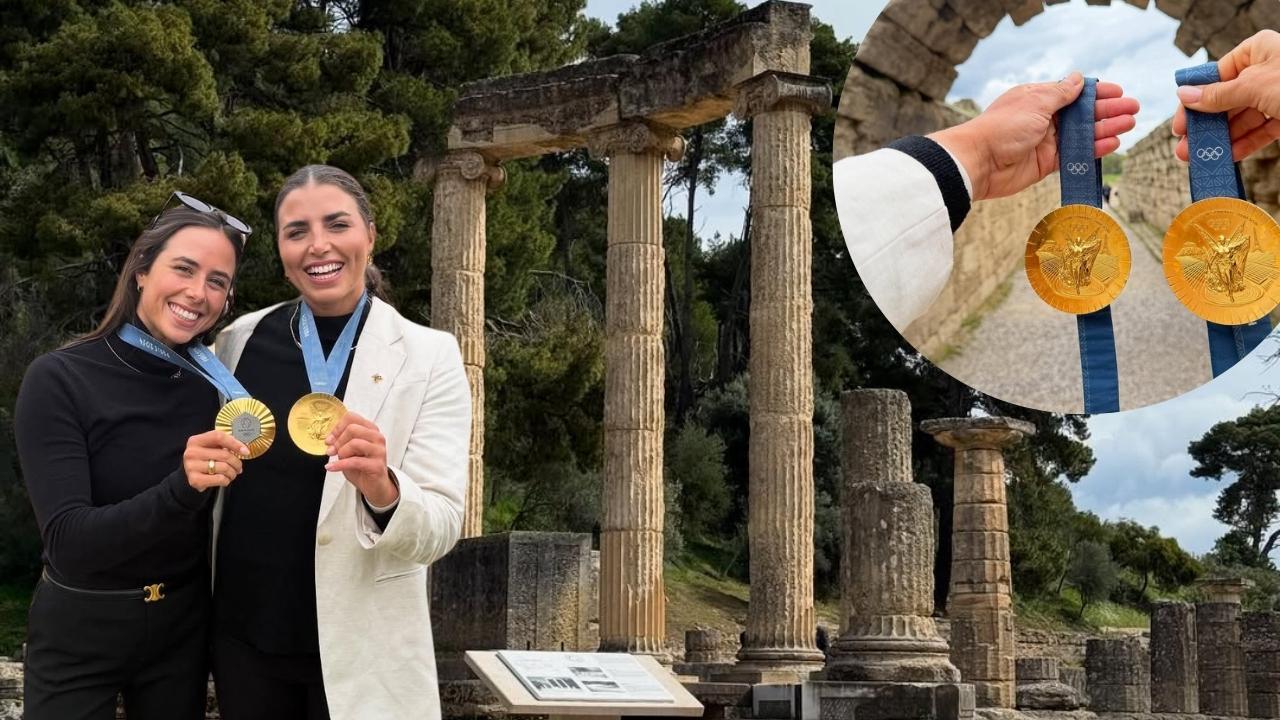
To join the conversation, please log in. Don't have an account? Register
Join the conversation, you are commenting as Logout